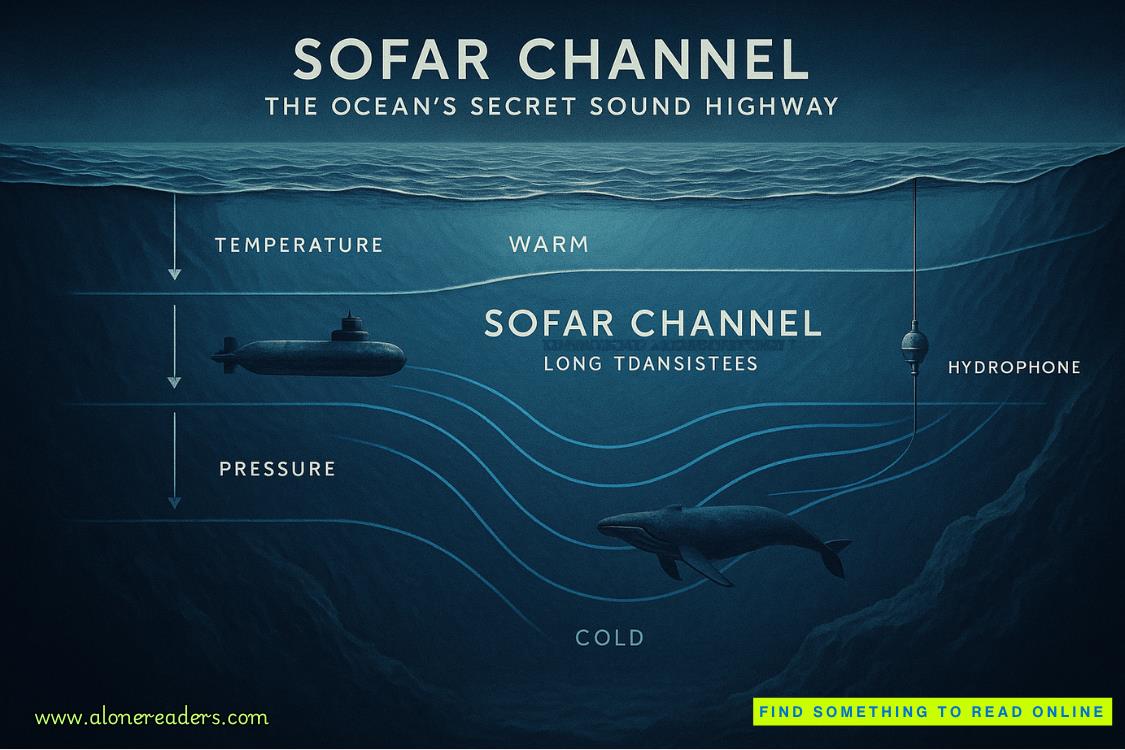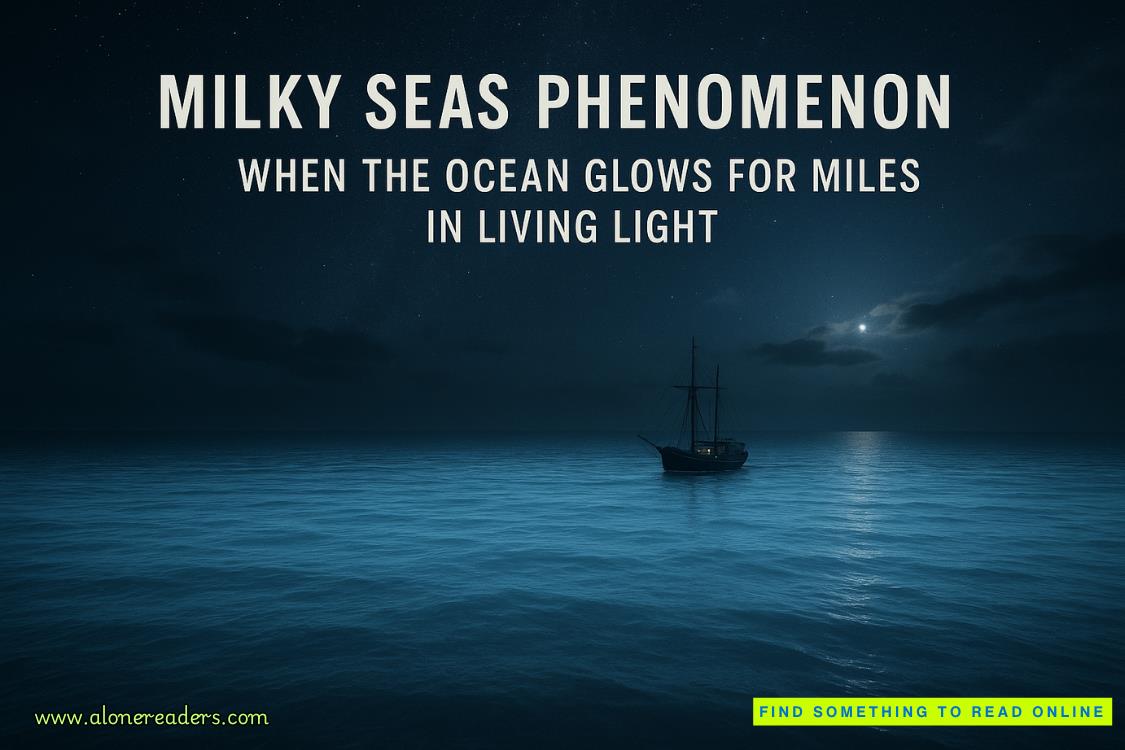Page 84 of The Little Liar
“Is this his money?”
“I don’t think so. Not the way he dresses.”
“Then who?”
“If I had to guess, I’d say it’s the money my father died for.”
“Your father?”
“He was shot by Nazis after they hid crates in his church. I never knew what was inside those crates. But a year later, two men came back for them. One was the man who killed my father.”
“Where is he now?”
“I shot him dead.”
“And the other one?”
“I never saw him again.”
“He took the crates?”
“Yes.”
“Why would he give away what was in them?”
“I don’t know.”
“Can you describe him?”
The man shook his head. “It was a long time ago. He looked like a Nazi. Young. Not much older than me.”
Fannie thought about the night she saw Nico on the Danube.He looked like a Nazi. Young. Not much older than me.
“I could have killed him as well,” the man said. “But I didn’t. Maybe that’s why I’m getting money, too.”
1977
Fannie boarded a plane with Katalin Karády’s postcards tucked in her purse. She was heading to America, hoping to get answers.
Upon arriving in Los Angeles, Fannie rented a room in a single-story motel with a palm tree in the parking lot. On her first day, she showed the postcards to a man behind the front desk and asked if he knew who made those movies. Whenhe didn’t know, she asked the woman sweeping the hallway. When she didn’t know, Fannie crossed the street and asked the owner of a diner. Although he knew nothing about films, when he heard her accent he said,“Eísai Ellinída?”(Are you Greek?) and she said,“Naí”(Yes), and by the time they were done speaking, Fannie had a job making coffee and eggs and pancakes. She used that job to improve her English. And she used her English to learn how the movie business operated.
1978
When she finally discovered who was responsible for making those films—a mysterious, rarely seen man, they said, whose last name was Guidili—she went to the studio where he supposedly worked. She wore her nicest dress, entered the building, and asked the receptionist in the lobby if there were any jobs available.
She did this every week for eight months, always being told no.
1979
One spring day, on Fannie’s weekly visit, the studio receptionist, who by this point had come to like her, smiled when Fannie asked if any jobs had opened up.
“You’re in luck,” she said. A training position had just come free. Low pay at first. But a foot in the door. Was Fannie interested?
She started the next day. She had hoped to encounter the man she believed to be Nico in a hallway or in the lobby, but she soon learned that no one had access to him. He came andleft through a private entrance. He never met with employees. Fannie wondered if all this effort had been a huge waste of time.
1980
After a year of apprenticeship, Fannie was told by Rodrigo, the man who’d been training her, that he was retiring. Health reasons. He congratulated her on being an astute student and told her she was ready to move up.















